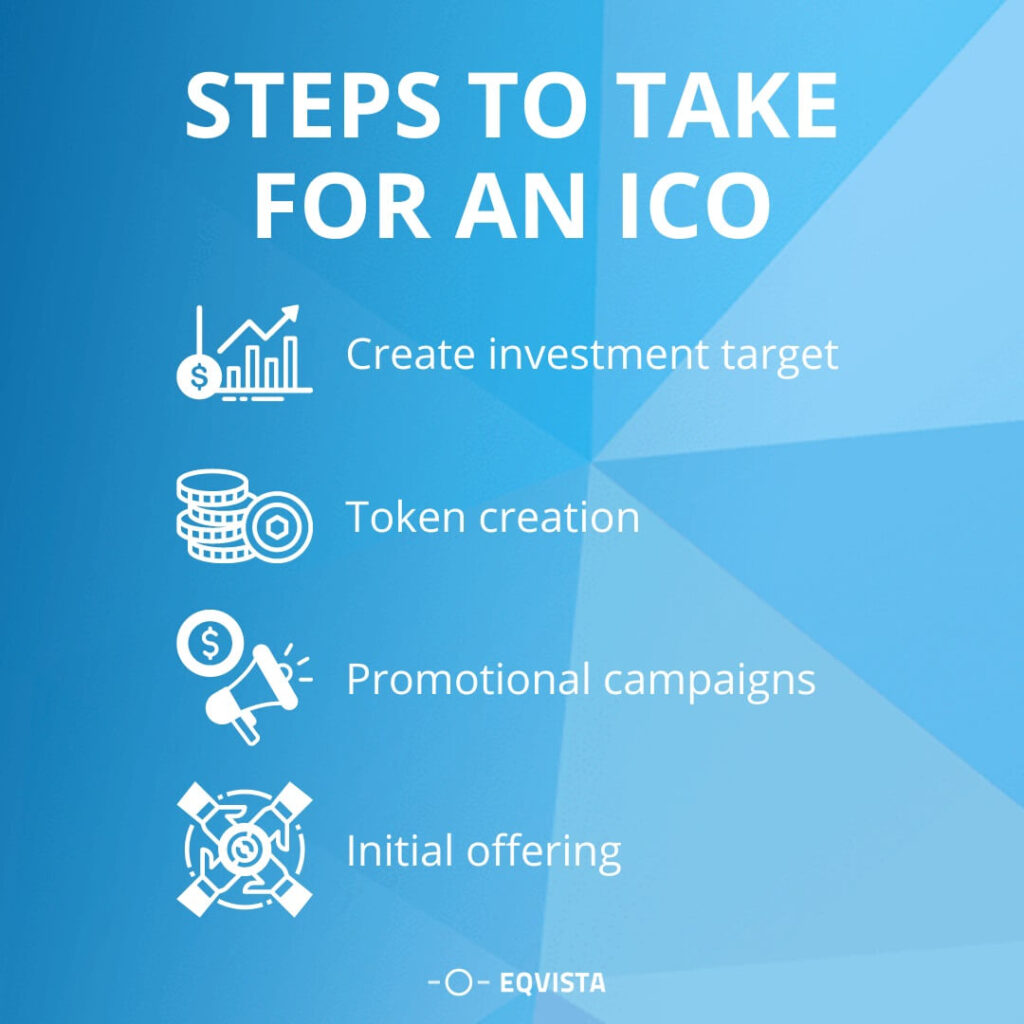
Decentralized Fundraising: Exploring ICOs in Blockchain
The Rise of ICOs in Blockchain
In recent years, Initial Coin Offerings (ICOs) have emerged as a popular method for fundraising in the blockchain space. Unlike traditional fundraising methods, ICOs allow startups and projects to raise capital by issuing digital tokens, often based on blockchain technology. This innovative approach has revolutionized the way businesses access funding, democratizing investment opportunities and fueling the growth of blockchain ecosystems worldwide.
Understanding the Mechanics of ICOs
At the heart of an ICO is the issuance of tokens, which represent a stake in the project or platform being funded. These tokens can serve various purposes, from granting access to a product or service to representing ownership rights or voting power within the project’s governance structure. Investors participate in an ICO by purchasing these tokens using cryptocurrencies such as Bitcoin or Ethereum, thereby providing the project with the necessary capital to develop and launch its product or service.
Navigating the ICO Landscape
Navigating the ICO landscape can be daunting, with a myriad of projects vying for investors’ attention. Investors must conduct thorough due diligence to evaluate the legitimacy and potential of each ICO opportunity. Factors such as the project’s whitepaper, team expertise, technological innovation, and community engagement are critical considerations in assessing the viability of an ICO investment. Additionally, regulatory compliance and legal considerations play a significant role in ensuring the legitimacy and sustainability of ICO projects.
Maximizing Returns with ICO Strategies
Investing in ICOs can be highly lucrative, but it also carries inherent risks. As with any investment, having a well-defined strategy is crucial for maximizing returns while mitigating risks. Some investors adopt a diversified approach, allocating funds across multiple ICO projects to spread risk and capture potential gains. Others focus on identifying early-stage projects with strong fundamentals and high growth potential. Regardless of the strategy employed, thorough research and prudent risk management are essential for success in the dynamic and rapidly evolving ICO market.
Tokenomics: The Economics of ICOs
Tokenomics, or token economics, refers to the economic model governing the distribution, supply, and utility of tokens within an ICO ecosystem. A well-designed tokenomics model is critical for incentivizing participation, fostering network effects, and ensuring the long-term viability of the project. Factors such as token distribution, inflationary or deflationary mechanisms, token utility, and governance structures all contribute to the overall value proposition of the project and its tokens.
Regulatory Challenges and Compliance
While ICOs offer unprecedented opportunities for fundraising and innovation, they also face regulatory scrutiny and compliance challenges. Regulatory frameworks vary significantly across jurisdictions, with some countries embracing ICOs as a legitimate form of fundraising, while others impose strict regulations or outright bans. Navigating this regulatory landscape requires careful consideration of legal requirements, compliance obligations, and regulatory risks to ensure the legitimacy and sustainability of ICO projects.
The Future of ICOs in Blockchain
Despite regulatory challenges and market volatility, ICOs continue to play a crucial role in fueling innovation and growth in the blockchain space. As the technology matures and regulatory frameworks evolve, ICOs are poised to become a mainstream method of fundraising, democratizing access to capital and unlocking new opportunities for entrepreneurs and investors alike. With proper due diligence, strategic investment, and regulatory compliance, ICOs hold the potential to drive the next wave of innovation and disruption across industries. Read more about ico blockchain
